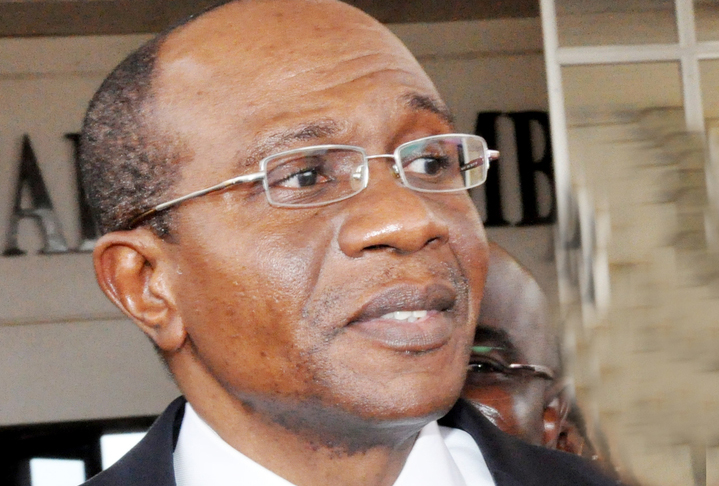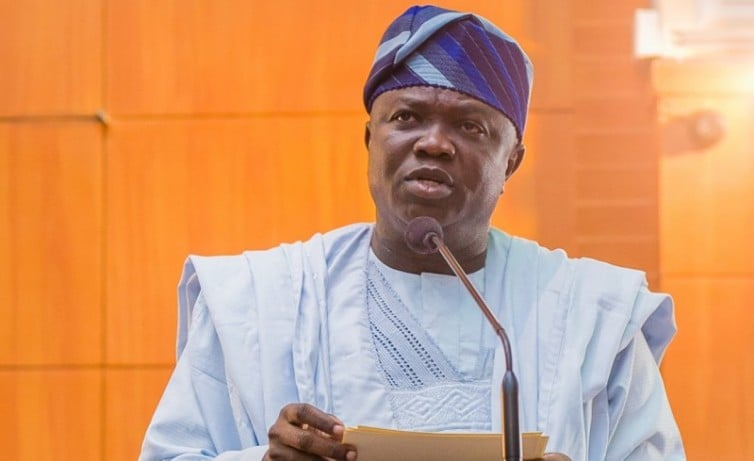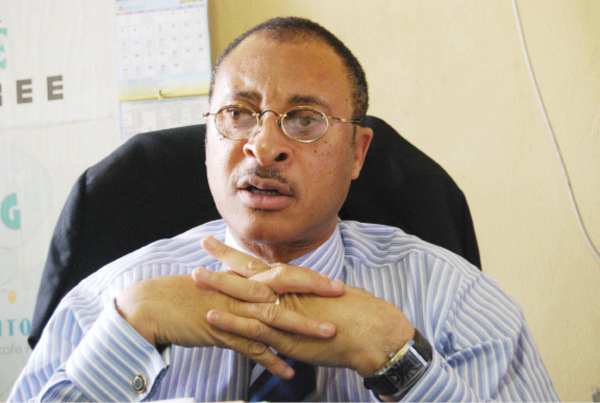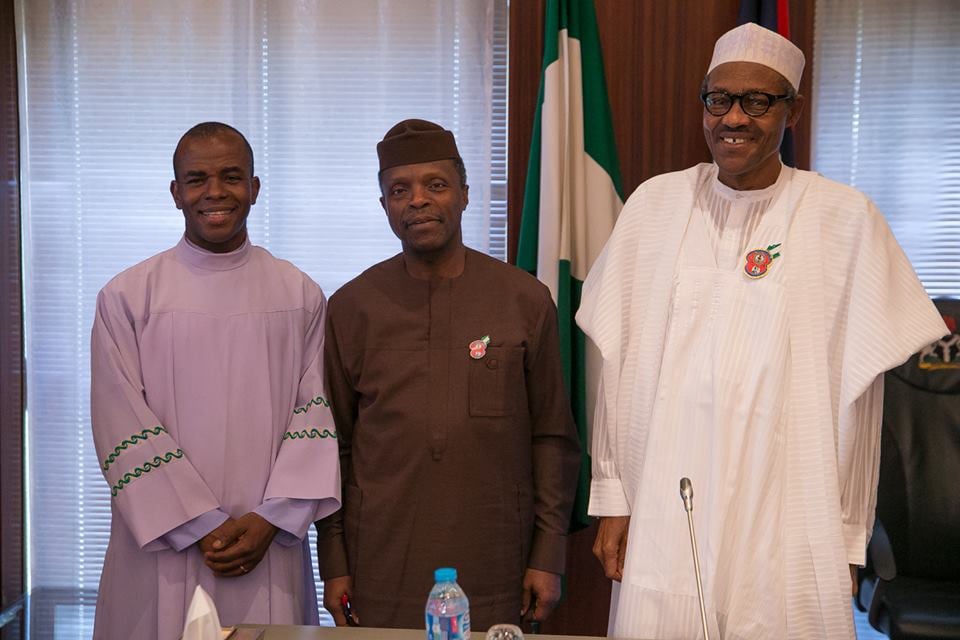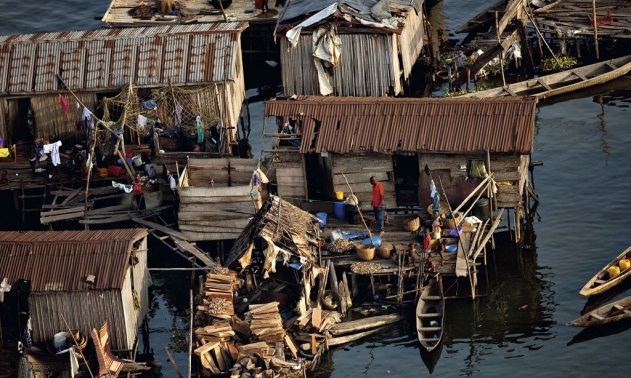Reading through reports on the state of the economy of crude oil exporting countries and the performance in the past year and a half, it must feel like heaven in countries where they don’t produce the commodity or, rather, trade in it for a living. And if you are a central banker saddled with the task of balancing the national accounts in those other countries at this moment, then the joy must be double.
The story of the crash in crude oil prices is very common knowledge, except that the root causes, as well as the manifestations on Main Street, are not so well digested. So we might need to recount if only to understand the extent of the problem and hence the length of the ride.
The first part of the story reads like a really scary scene from a doomsday documentary on the world’s oil exporting economies – falling demand for crude occurring at precisely the same period that more oil was being pumped into the market: China (largest net importer) slowing and needing less oil almost about the same time that America, largest consumer became the world’s largest producer. On any given day, the possibility of any one of these scenarios with the potential ripple effects would have been sufficient to send the global economy into a frenzy.
In the case of America, that country was the largest buyer of Nigeria’s crude. Now it is not even on the register.
Advertisement
There were other developments with less dramatic consequences (than America and China) but of comparable significance: Iran was finally on its way back in the supply end of the market; Libya started producing a lot from almost nothing; same as Iraq.
So, in the world of the oil-exporting economies, it isn’t just raining or pouring – there is a tsunami.
Inevitably, these simultaneously momentous events were bound to produce colossal outcomes for exporting countries. The result is that oil price, the magic variable on which fiscal and monetary policies of most crude exporting countries rest, has not just crashed, it has gone haywire. The current level of about $28, from a high of $114 a little over a year ago, is probably not the last low, only the latest. The implication is that for Nigeria, as for most of its contemporaries, major policy indicators, at least in the short term, have become a constantly moving target. It is the classic nightmare scenario for the central banker with the responsibility of balancing the national current accounts.
Advertisement
The very obvious impact of low oil prices for exporting countries is that national budgets that have for years been based on the oil benchmark have taken a massive hit due to dwindling government revenue. Last year, projections by IMF and Deutsche Bank showed that Nigeria needed oil prices to be around $123 to be able to balance our budget; and for Iran and Russia the figure is $131 and $105 respectively. Even Saudi Arabia with the legendry deep pockets was not too far behind at $104. Estimates for 2016 with prices further halving (from last year’s benchmark) and with most of these countries proposing expansionary budgets to beat recession, are better not imagined. Countries like badly battered Venezuela would now have to sell oil at $280, 1000% of it current price, to stay afloat. Russia was forecast to officially go into recession already. The very generous numbers of 2015 gave the gulf states up to 2020.
In terms of fiscal policy, these countries, including Nigeria, can do the very obvious – they can borrow or review tax and subsidies to balance their budgets. But balancing payments and managing foreign reserves is another basket of tricks entirely. In the very short run, the central banker must find the optimal mix between interest and exchange rates to produce the desired or acceptable level of inflation.
Beginning in June 2014, the local currencies of oil exporting countries and, consequently, their foreign reserves have come under severe strain. The one is needed to sustain the other, especially in a time when drastically reduced forex earnings means fewer dollars (yes, the currency of international trade) are being chased by the same volume of naira. A recent Central Bank of Nigeria release tells the story in very graphic, grisly numbers. Since June when oil prices began to tumble, total forex earnings have plummeted to $1 billion, less than a third of its previous level. Yet, average monthly import bill is currently six times the value from a decade ago. So the double jeopardy of falling demand for crude compounded by increasing supply is being replicated here at home with a ballooning demand for foreign exchange being met with a dramatic drop in our forex earnings. By January 2016, we had spent our entire forex earnings since June 2014, plus a quarter of what we earned in previous years, either paying for imports or defending the naira.
In the end the naira as well as our foreign reserve are being pummelled on two fronts. First, reduced forex earnings creates demand and supply pressure on the naira and reserves. Then we would need more forex to not only pay for imports but to defend the naira and thus control inflation.
Advertisement
In context, it was pretty much the same situation for the other oil exporting countries. By the last count, Russia has lost about a quarter of its reserves with inflation running at about 13%. Angola’s currency took a hit of about 40% of its official value and trading at about 1.6 times in the black market. After the country’s reserves fell by 21%, Angola began rationing forex supplies, requiring companies to cut forex use by 50%. The Russian ruble lost about half of its value. As of September last year, Canada and Norway had lost a fifth and a quarter of the values of their currencies respectively.
Venezuela’s numbers are clearly the stuff of fiction. Partly due to previously ambitious social spending and mostly as a result of losing two-thirds of its revenue to the crash in oil prices, it progressively depleted its reserve to defend the local currency. Venezuela’s central bank currently maintains 3 exchange rates, with the black market rate about 130 times the official one! Inflation at the time was reported to be as high as 191%. After official announcement last year that it had $15 billion in its foreign reserve, it resolutely refuses to reveal current reserve levels. In January 2016, Venezuela announced a 60 days economic emergency to deal with the crisis especially the severe shortages that has crippled the country.
Last year, Russia formally slid into recession. Following a series of interventions including capital controls, the Ruble seems to have rested at about half of its pre-June 2014 value.
Reports indicate that the gulf states are putting together a package of reforms to be unveiled shortly, in addition to a series of emergency measure already introduced by countries like Saudi Arabia in 2015.
Advertisement
Import restrictions and forex rationing may not be the first policy option of choice for Western exporters, but those countries have not been any less busy with a cocktail of fiscal and monetary policy responses. For most except Russia, sufficient diversification enhances resilience and expands the available range of policy options. The gulf states can also afford to take a little bit more time than the rest of us to respond because of the size of their savings and reserve funds.
It inevitably rekindles the debate about the things Nigeria and Nigerians should have done but didn’t do to expand the non-oil sector. But then this writer would say that our rap sheet on the Dutch disease and sundry offenses is already full and running over, and would serve no useful purpose now except as an excuse to despair.
Advertisement
Some also say that we should have done more to build up the reserve during the boom years. Very true, except that this is not a moment to fume or fret. In any case, there is only so far that savings or reserves can take you in reality, as previously $700 billion Russia has demonstrated, or $724 billion Saudi Arabia is about to prove. The current crises has cost Saudi Arabia about $64 billion in net flows – already.
Actions taken so far by Mr Godwin Emefiele, the Central Bank of Nigeria, to ration forex is therefore indicative of a policy choreography seen across the oil exporting fraternity. For those who depend on crude oil for over 70% of forex earnings, there are desperately few policy choices beyond managing demand in the short term.
Advertisement
After battling spiritedly to save their respective local currencies, it appears their central banks have reached a point beyond which they consider fatal for the immediate future of their respective economies.
While some of us may not possess the skills nor the stomach to fully digest the devil in the details of the various instruments in the CBN policy menu so far, we at least understand that at current rate of depletion, we would have used up all of the forex in our reserve, including new receipts, in nine months.
Advertisement
By then it would no longer matter the range or popularity of the policy choices. Neither the acumen of the central banker. And it is not just about paying for holiday trips or foreign tuition. God forbid that the day would come when petrol stations across Nigeria would completely dry up because we would have run out of money to import fuel, which currently takes up the bulk of our forex. This one is not Langragian economics.
In announcing far-reaching curbs on his country’s forex demand, the Angolan Central Bank Governor, José Pedro de Morais, declared: “when you are [broke], you adjust your consumption pattern to the new level of income that you have”.
In Russia, for instance, foreign travels reduced last year by 30%.
The above quote from fellow African de Morais sums up our reality at a time when governments and citizens of resource-dependent economies are coming to terms with the reality of the current economic challenges. Now and here is the opportunity for us to begin to do all those things that we always blame ourselves for not doing – living within our means.
We clearly do not need another ‘Crude awakening’ to make us come around.
Okpene, a development specialist, writes from Abuja
Views expressed by contributors are strictly personal and not of TheCable.

